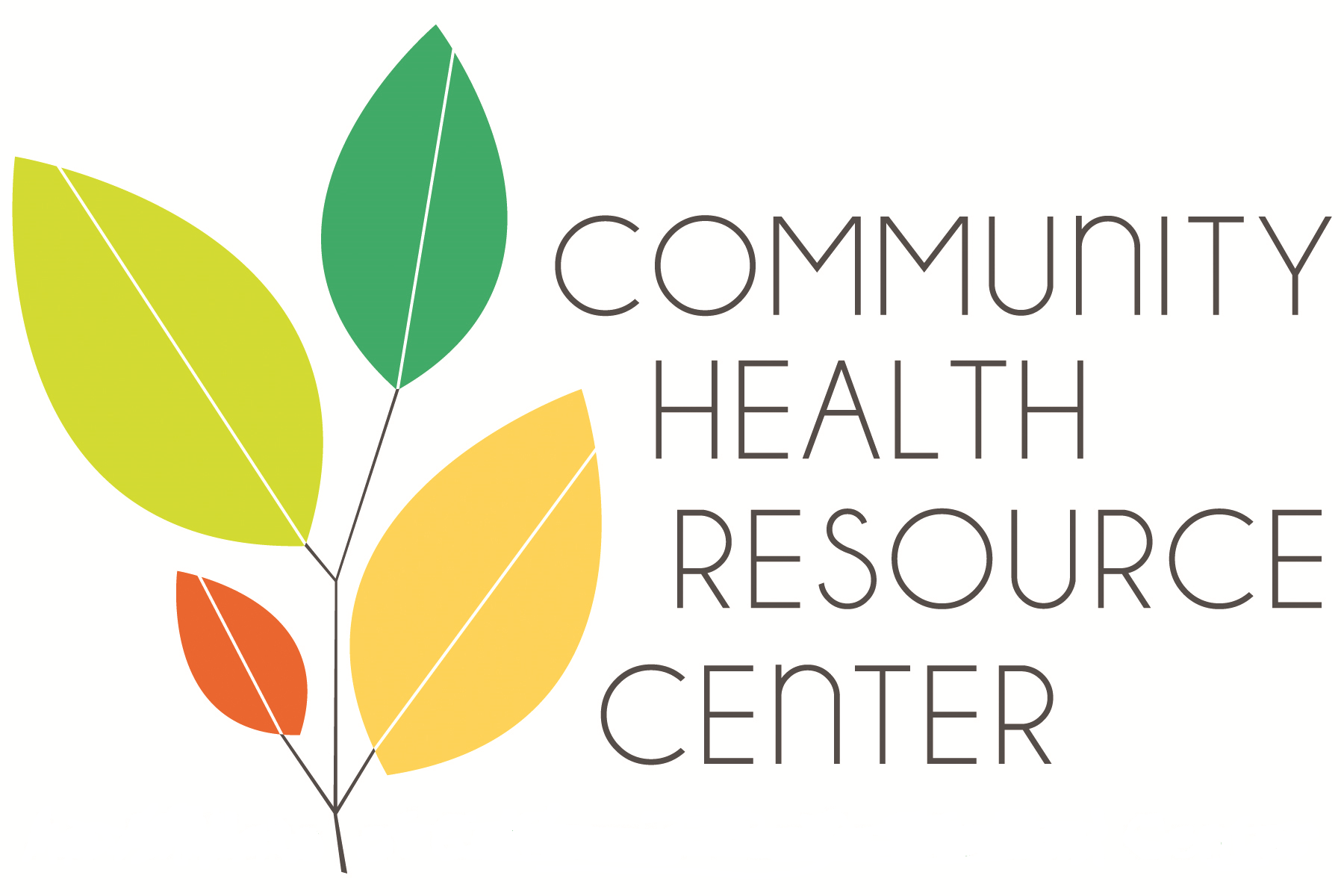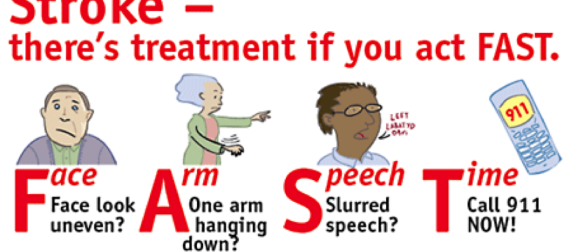Strokes and heart disease are ranked top as the leading causes of death in the United States. Stroke is also known to cause long term disability. It’s well documented that hypertension, diabetes and high cholesterol increase your risks of stroke. Unfortunately, it takes years before these conditions are detected because they may not show any symptoms.
Undergoing regular tests can help you detect early signs of stroke and prevent the deadly consequences that are associated with this dangerous condition. While anyone can suffer from it, the risks increase with age. Some limitations such as lack of medical insurance, access to care, poor diet and limited exercise impact overall health and are factors related increased risk of stroke. It is vital that prompt treatment is offered if stroke is detected thereby preventing disability and death.
Thanks to earlier detection strategies, intervention therapies and the adoption of aggressive treatment, more stroke patients are returning to normal life than never before. What’s even more fascinating is that it’s still possible to increase the number of those who recover from stroke without any disability. The more the time that lapses before stroke is detected and delayed medical intervention, it can lead to more brain damage. People who seek medical attention within three hours after experiencing their first signs experience the best outcomes.
Fortunately, there are signs that can indicate if you are suffering from stroke. Sudden loss of coordination or balance, inability to touch your finger to your nose and sudden vision changes such as blindness in one eye or double vision could be an indication of stroke. Facial droop, difficulty with speech and weakness on one side of the body are additional symptoms you should be aware of and call 911 immediately.
If you experience any or a combination of these signs, rushing to the emergency room is highly recommended and vital to decrease the changes of cerebral damage or even death. Getting treatment FAST is critical for survival and increasing recovery times.
Call Community Health Resource Center to receive additional health education or schedule an appointment with a provider. Visit www.chrcsf.org to check out upcoming health education programs or call (415) 923-3155 to talk directly with a healthcare provider.


Comments are closed.